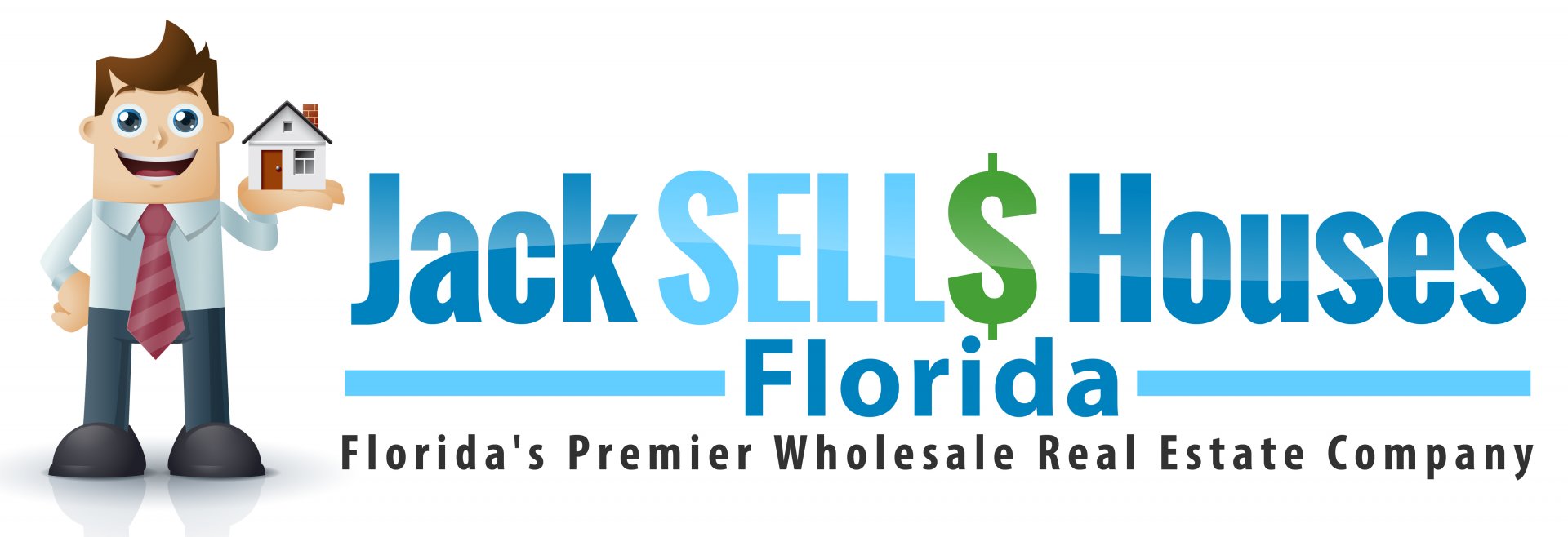NEW YORK (TheStreet) — The stock market is high. Bond yields are low. You own a home and have plenty of savings. So where should you invest any extra money?
Consider what the smart money — private-equity funds — has been investing in, quite successfully, over the past several years: distressed real estate. The funds have spent tens of billions of dollars buying foreclosed homes and turning them into rentals.
They also have entered the business of providing landlord loans of $500,000 to $50 million at above-market mortgage interest rates to mom-and-pop investors who want to join the Monopoly game. Three large private-equity firms alone — Blackstone Group (BX), Cerberus Capital and Colony Capital — have lent $1.5 billion.
STOCKS TO BUY: TheStreet Quant Ratings has identified a handful of stocks with serious upside potential in the next 12-months. Learn more.
Such is the ebullience in the residential real-estate market these days. Across most of the nation, property prices are on an upward trajectory that should last through the next stock-market correction and even through much of the long-forecasted increase in bond and mortgage rates.
Must Read: How to Invest in Dividend Stocks
From an asset-allocation standpoint, buying properties to rent looks like a smart move. As both a self-directed investor and as someone who runs a mortgage bank, I believe property prices are more stable than equities are.
Banks still are seeking to sell almost 600,000 houses they have taken over from homeowners who defaulted. But the number of homes in default nationally, in May, was 1.3%, the lowest since December 2007, according to CoreLogic, an analytics provider. Some 14.6 million single homes in the U.S. are owned by individual investors and small investment funds own that 10 homes or fewer.
Those who own a home already know how well real estate has been performing. Many home owners also might be wondering how they can leverage their so far-successful bet on a home in an era of low interest rates, when paying off or down a mortgage with extra cash may not make the most financial sense.
For those home owners, rental properties, small multiplex apartments, vacation homes, second homes or even adding a small property on the lot of their primary residence may all sound intriguing.
Of course, taking cash out of a primary residence and buying another property is risky. Only those who are well capitalized and can handle the unexpected, such as the steep decline in prices that occurred during the great recession, should finance any investment in this manner. Diversifying geographically, if possible, is helpful, too.
